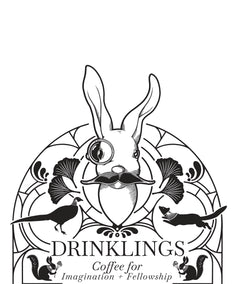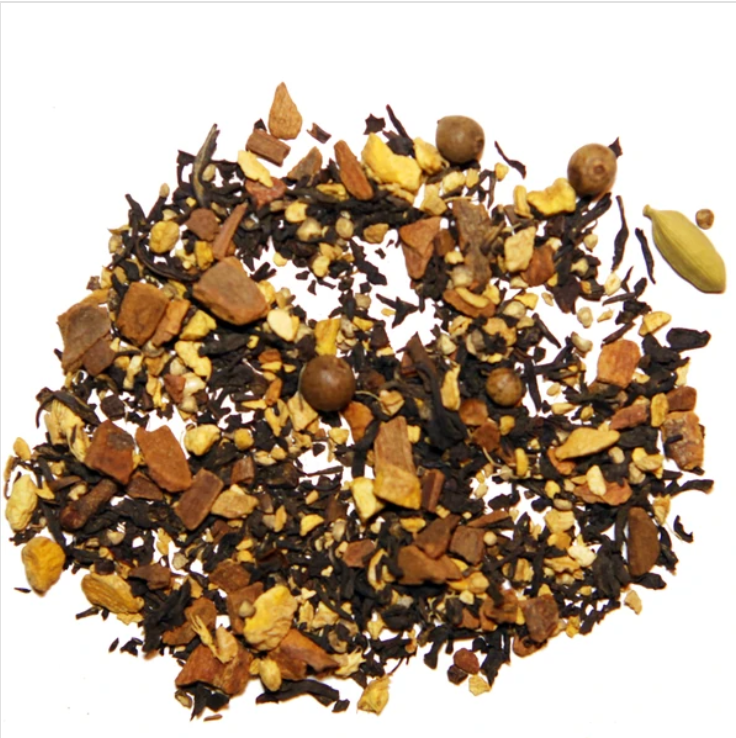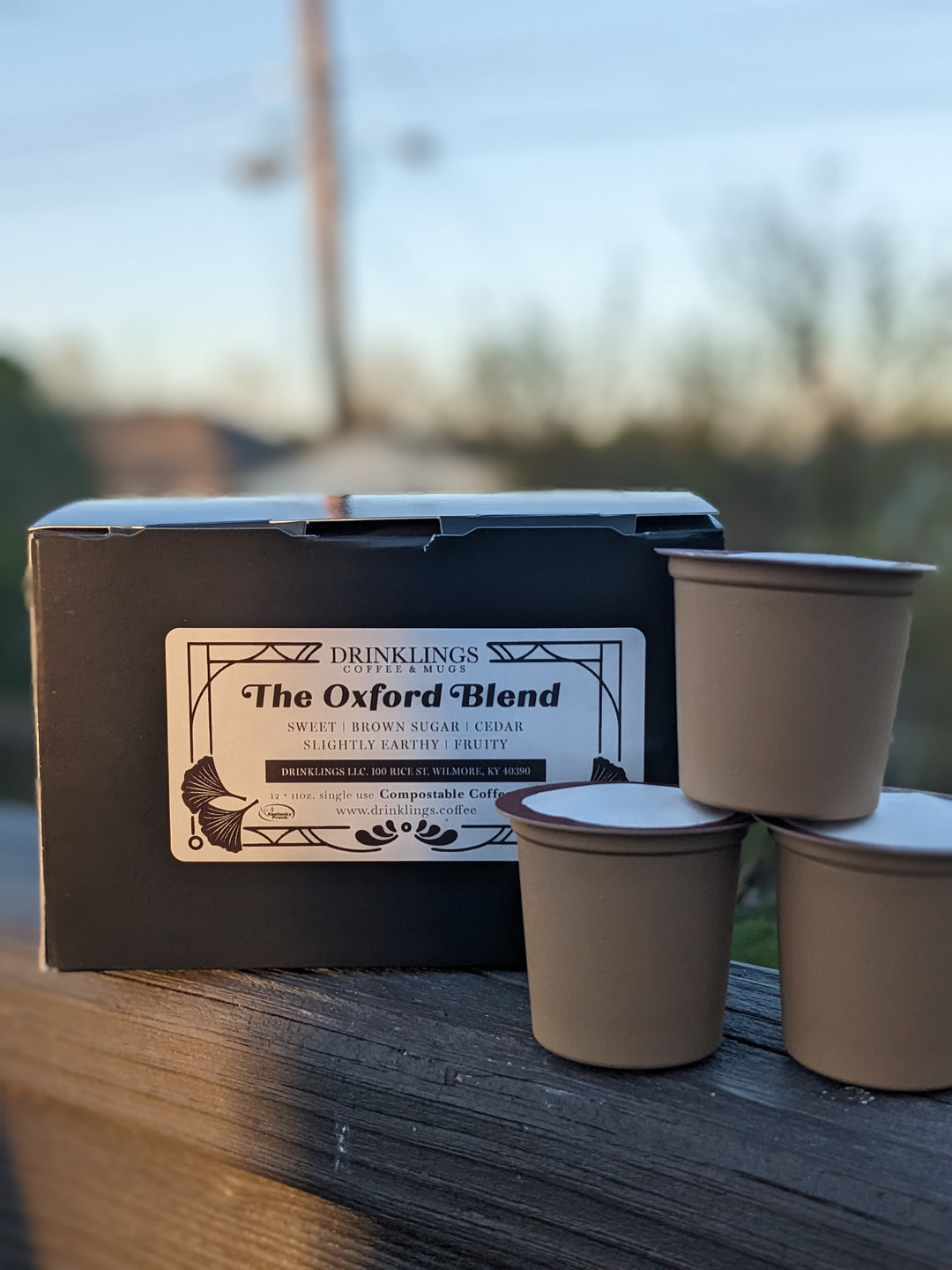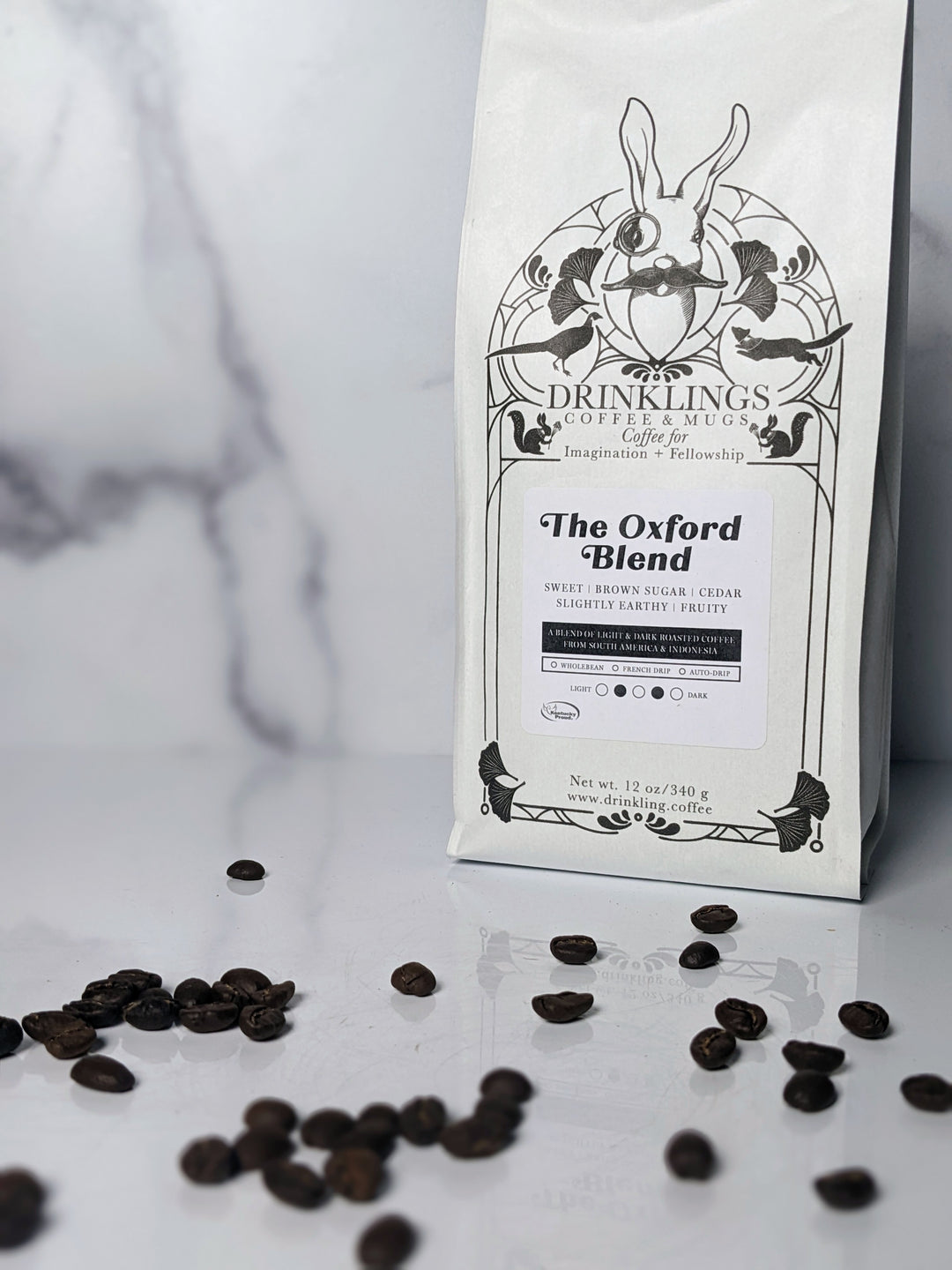Fellowship: The Commonality of Coffee, Bread, Fire and…Hobbits (and why Community is not Enough)
What do coffee, bread, and fire all have in common?
Well, lots actually. For one, there is a limit to their goodness. Too much coffee and you’re getting the jitters. Too much bread and bring on the bloating. Too much fire and…well…no need to be gruesome.But there is something else in common and it serves as the foundation for what we at Drinklings Coffee and Mugs do.
People love coffee for what it does to the brain and the body: it gets them going. As I sit here writing this post, I am myself enjoying a warm cup of caffeinated bean juice because it helps my brain focus and my body narrow into what I am doing. Everyone loves bread (heck, even the intolerant among us must admit a longing for it) because it feeds and fills the belly like few other foods can and tastes great. There is no substitute. Ever tried a burger on a bed of lettuce? A word of advice: don’t. And everyone loves fire because it brings warmth and utility and aesthetic enjoyment. There’s nothing quite like the flame to torch away the cold and bring comfort.
But in these I think there is another level of enjoyment and commonality that is possible and, in fact, higher. Coffee, bread, and fire are but examples of what really could be stretched into a multitude of interests and passions but they are also deeply symbolic in ways that other interests are not.
That level is found in their ability to serve as catalysts.
Catalysts for things beyond their utility. Catalysts for things of the soul.
It is, in fact, when these things provide a catalyst for a deep inner longing that we love them the most. When bread brings the family together or when, in a church, it speaks to the unity of a timeless and non-localized body in the partaking of communion, it is a far more meaningful experience than buttered toast in the morning. When fire allows friends or lovers to gather and conversation to flow freely into the night, it expresses the radiance not of the flames but hearts as they are heard, taken in, and understood. Or, when in the case of coffee, it brings people together in enjoyment, laughter, ideation, and the unlocking of potential, it ceases to primarily be a caffeinated beverage but it serves as a stimulant towards deep and meaningful relationships.
And this is what we call fellowship.
Fellowship is an old word. And it applies to all three of the examples cited above: bread, fire, and coffee. All catalyze this old world and aid in bringing it into being in particular situations and environments.
We’ve had a few folks note to us that for a coffee company existing in a public space, fellowship is a “religious word” and that fact has the potential to turn some individuals off. When that word is used, it’s easy to think of old church building “fellowship halls.” Should we not use the word community instead? Is that not a far more modern and enticing word? Especially if we’re talking about a coffee shop?
I get that. Today, the word ‘community’ is all over the place as it relates to our public spaces. And for a coffee company existing as a “third space”, this generally makes sense. We see it all the time and on one level there is absolutely nothing wrong with that. Let’s not disparage “community” when the alternative is social isolation (which is an increasing modern problem). In any case, the ‘third space’ that categorizes contemporary coffee establishments (amongst other places) is all about getting out of the home, getting out of the office, and into a space where there is community without all the stagnant rituals of daily life and all the responsibilities of labor.
But after a lot of reflection on that term and some deep re-evaluation of what we wanted to be and why we wanted to be it, we ultimately felt convicted to lean into something a bit different and emphasize the old word over the sleeker, sexier, more modern version of it. We chose to use the word “fellowship” instead of “community.”
There is a sense in which “community” really is such a nebulous term that it doesn’t really mean anything except for being anti social-isolationist. It’s like “authentic”, “organic”, or “genuine.” We know something of what they don’t mean but the fuller sense of what it does mean is missing. Community, by definition, is what is “demographical.” But I don’t think the word carries the potential to mean much more than that without added nuance. And we can see that in how the word is used. Wilmore, for example, is a community. There also is an Asbury Seminary alumni community. I am a member of both of these communities. We might also say somebody is part of a community like the ‘evangelical’ community or the ‘LGBT’ community or the ‘rock climbing’ community. But again, the only thing this can describe is a trait or an interest that is demographical in nature.
“Community” says very little else. You may be a part of a rock climbing community and yet be a terrible rock climber with a debilitating fear of heights. You may be an alumnus of a school and have no interaction with the school beyond graduation. You may be part of a residential community and yet not a soul knows your name. Let’s be clear that one can be in community and be completely alone just as one can be authentically oneself and yet have no idea who you are (for self-discovery is not primarily about who you are unhinged but who you are in your potential).
And this is where the old, sacred, somewhat forgotten words often have an upper hand.
Fellowship is that kind of word. And while it has similarities to the notion of “community” it goes far deeper than its anti social-isolationist parts. Yes, it agrees with “community” that in order to not be physically alone, we need to have others around us. But it also says that “community” cannot, itself, satisfy the inner longings of people to actually be with other people as opposed to being surrounded by other people.
As a lover of J.R.R. Tolkien, I am reminded that he titled the first book in his The Lord of the Rings, “The Fellowship of the Ring.” Not, “The Community of the Ring.” Why?
For one, it would have been a terrible book title.
But secondly, Tolkien liked old words and even when he was writing the first book, “fellowship” was not a casual run of the mill word. He chose it quite intentionally. As an Oxford University philologist, he would have been keenly interested in what a word meant and, conversely, what it did not mean. There was something sacred in the word because being together on such a journey was itself sacred. “Fellowship” implies a multitude of symmetries between persons. Of course, the characters bound together in his book had very little in common demographically. Hobbits, an Elf, a Dwarf, Men, and a Wizard. You can’t get any more diverse than that. They also did not know each other very well. In fact, two of them hated each other to the bone. Yet their symmetries outweighed their contradictions.
“Fellowship” was the word used to describe their coming together nevertheless. Why? Because despite all the demographic/community differences, they found themselves on the same journey. With the same goal. With a commitment to each other and something greater than themselves. And despite setting out on a road with names and faces they otherwise would fail to learn, they chose (and were chosen) to embark on the quest together.
That is fellowship. And that is something “community”, for all its good, can never do. It just isn’t enough for the deep things of the soul.
Community is a given. And we will always have communities with us. And as Drinklings runs a coffee house in the heart of little old Wilmore, we are, by definition, a community space. But we want to be about more than that. We believe that coffee, like bread and fire, serves as the perfect catalyst for that old, sacred, journeying word called “fellowship.” It has the potential to enhance it.
An old employee pointed it out to me in this way. When I asked him, “What do you see when you stand behind the register?” He responded, “I see people engaged in deep conversation. Laughing. Praying together. Reading. Being transformed by what they’re doing. Growing closer to God and each other.” Now coffee, itself, can’t do that (as much as we would love that). But people, drawn together, in a space that fosters fellowship can! And that, for those of you who don’t know, was ultimately what we refocused our organization around back when we decided to move locations. We realized, ultimately, we’re not in the coffee business. We’re in the creating space business. And if we can get a really good tasting coffee in front of you and that helps catalyze (rather than distracts from) that deep seeded, deep connecting, deep transforming fellowship between two or more people in a given space, then we have done our job!
----------------------------------------------
Thank you for reading and make sure you subscribe (at the bottom of this page)! We also have put out several new mugs (like our Ghandi, Desmond Tutu, and Winston Churchill), some new coffee soap, and some cool new stickers like these Bonhoeffer and Rabbit Room stickers (from Sticker Mule, which has great Vinyl Stickers if you're interested in getting some ones made btw!)




